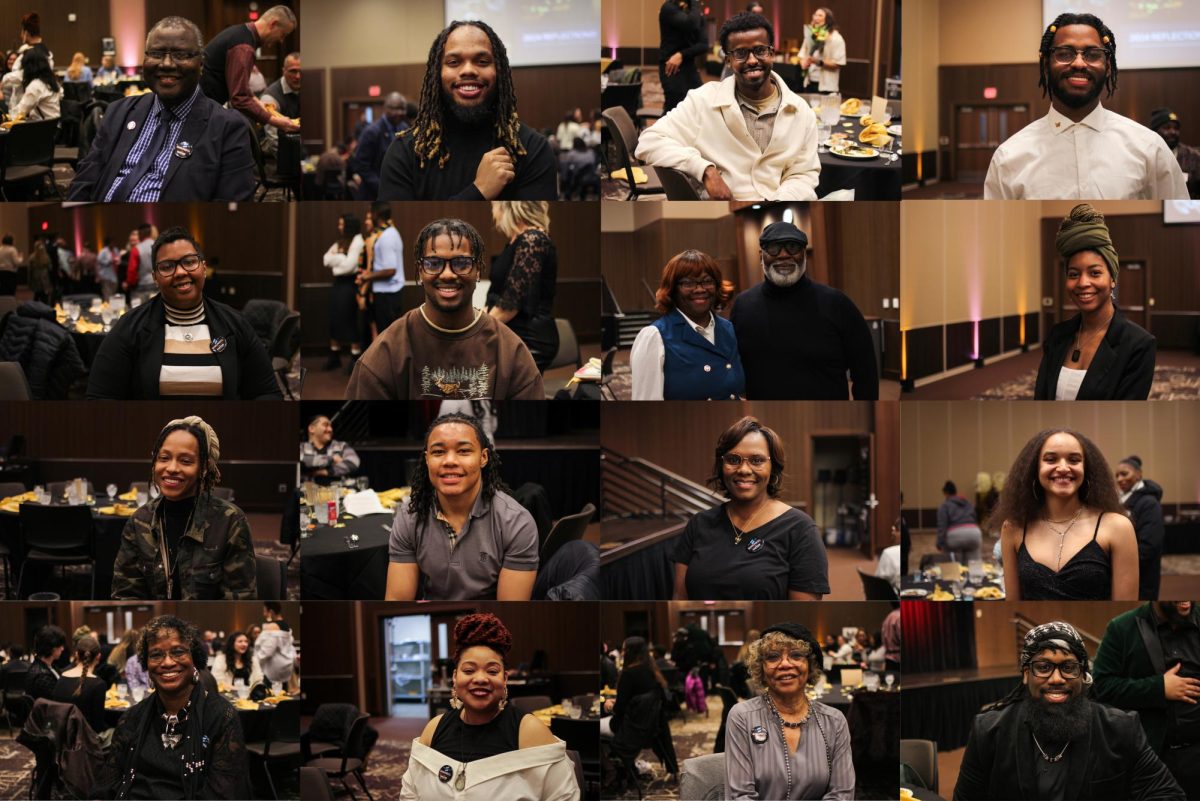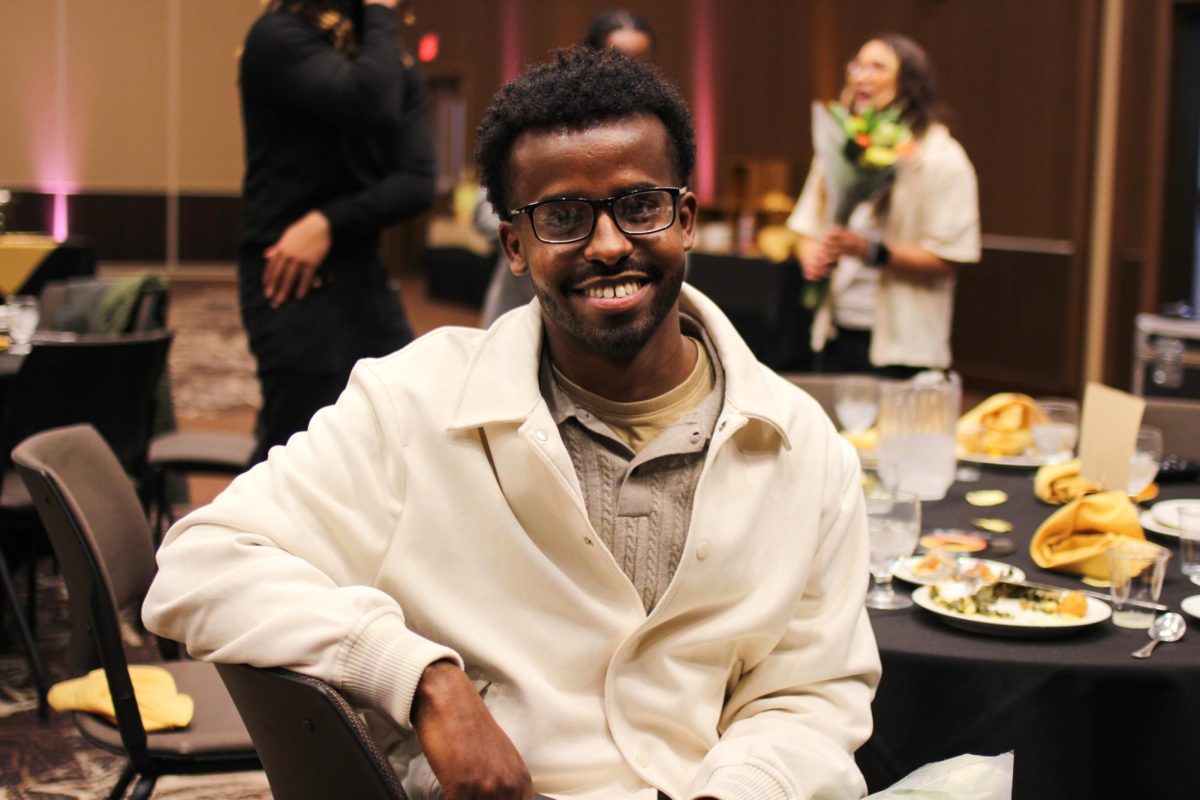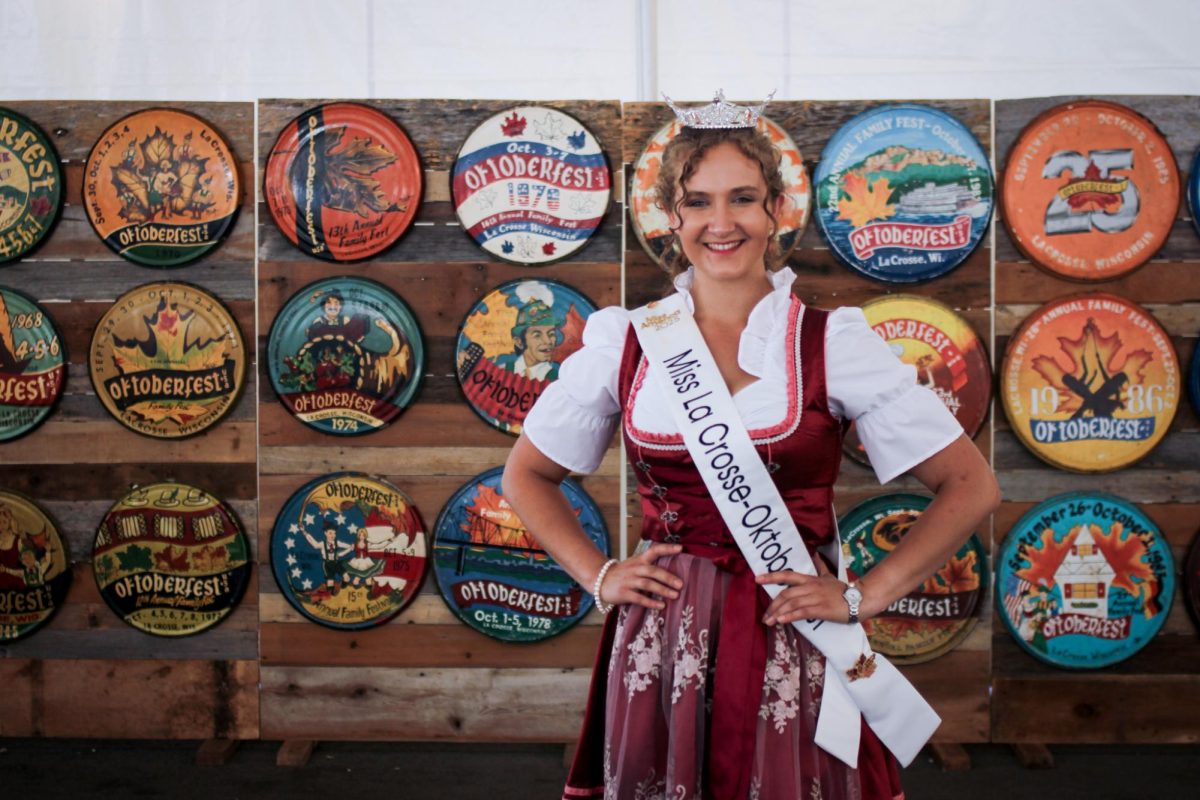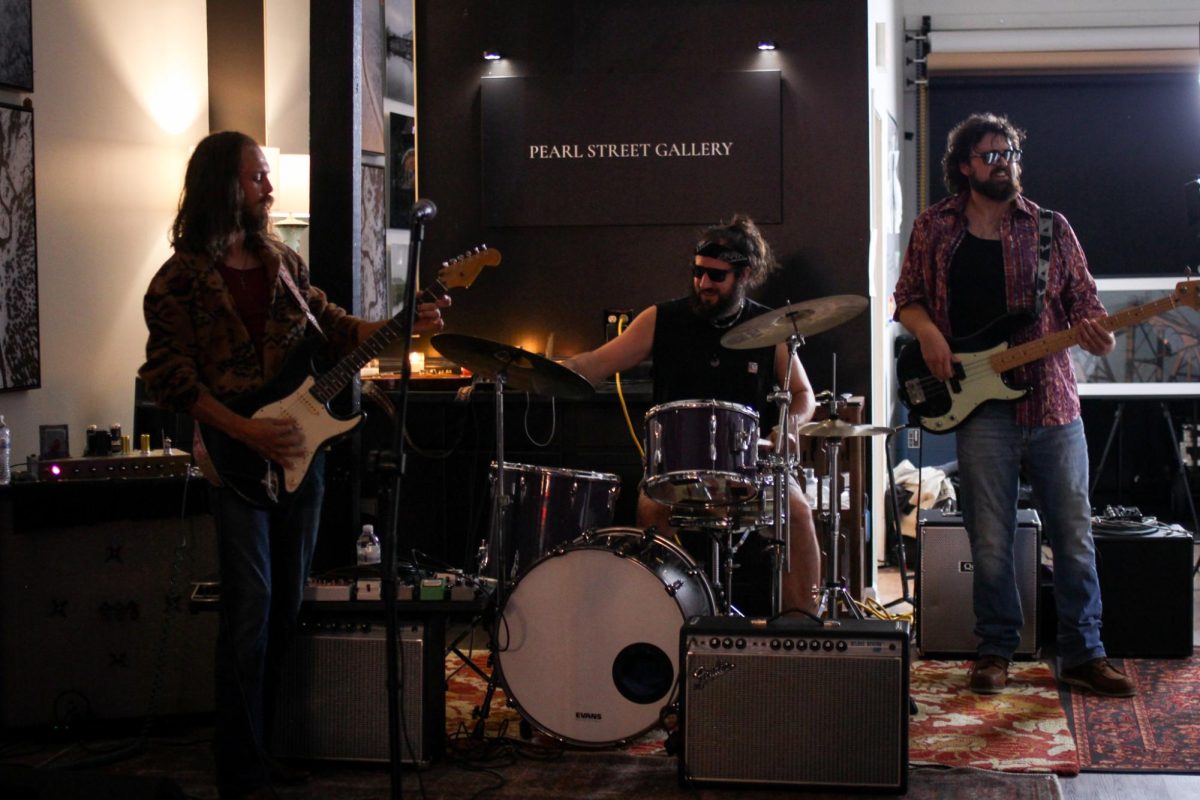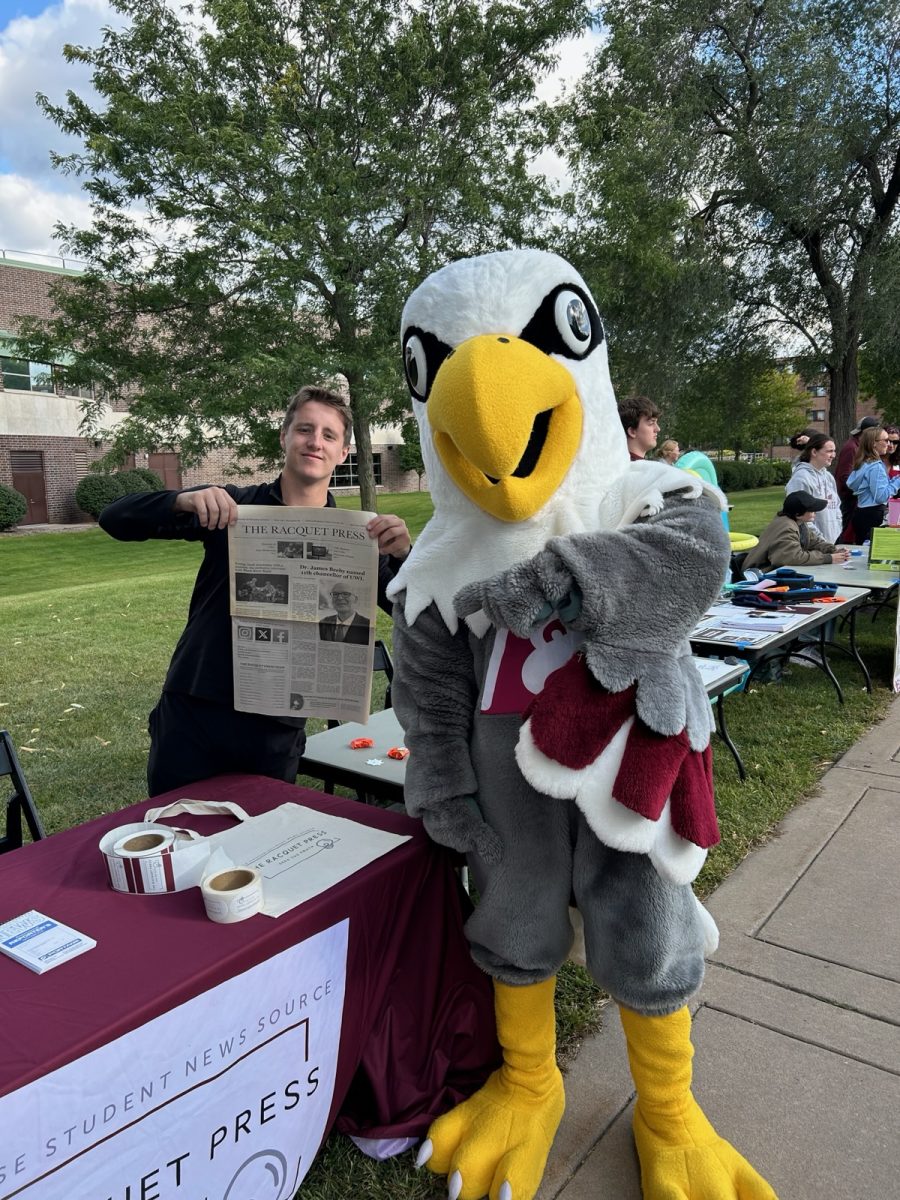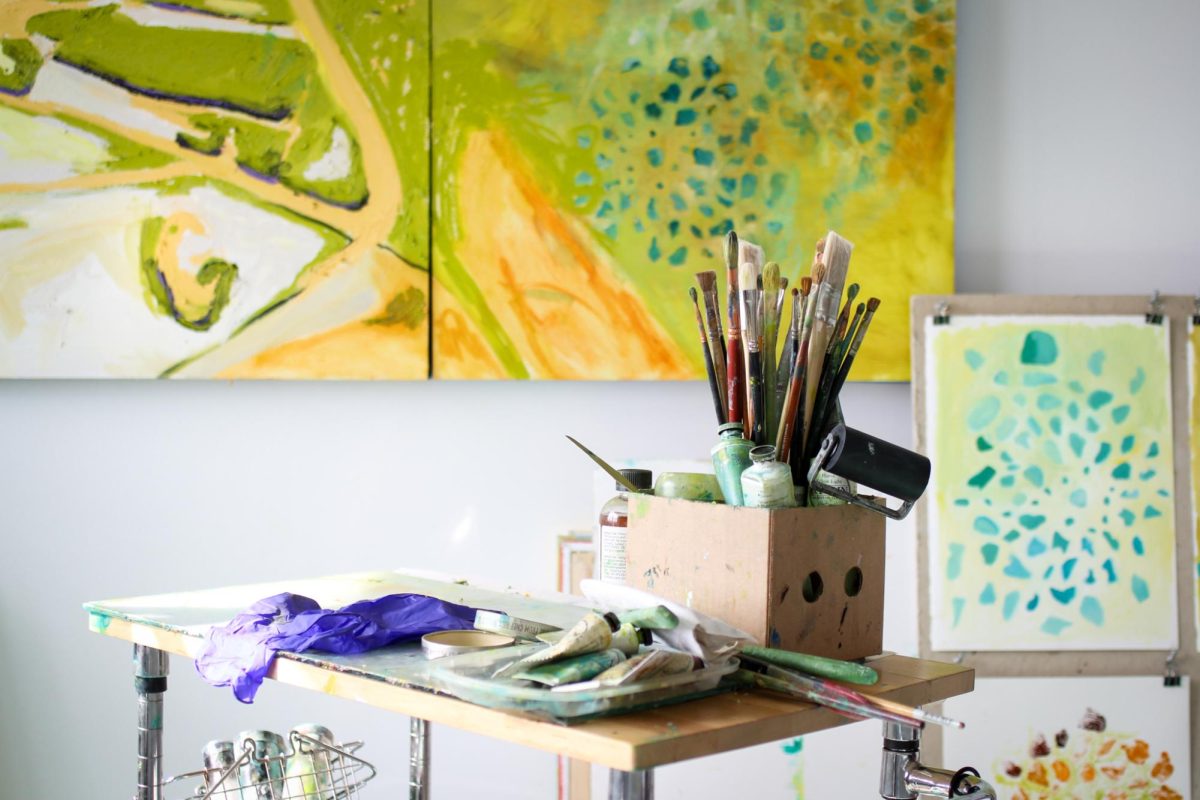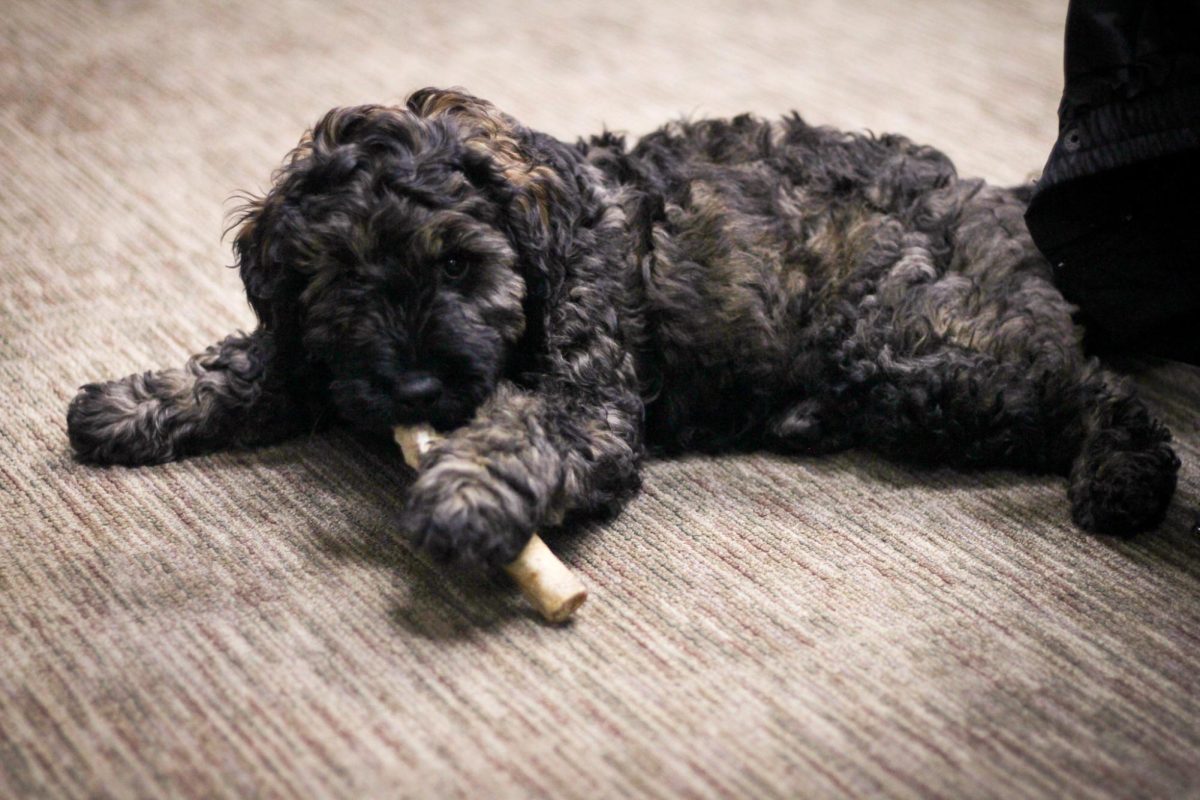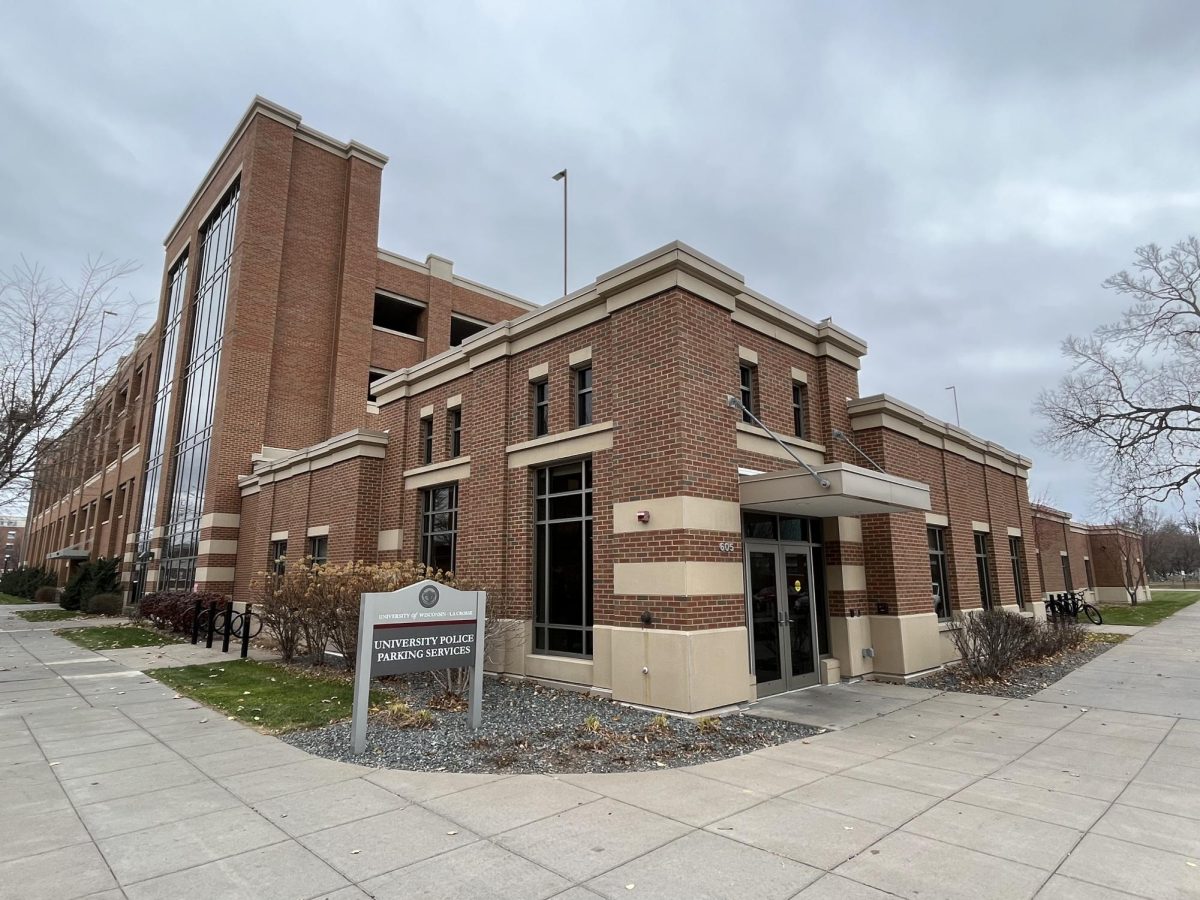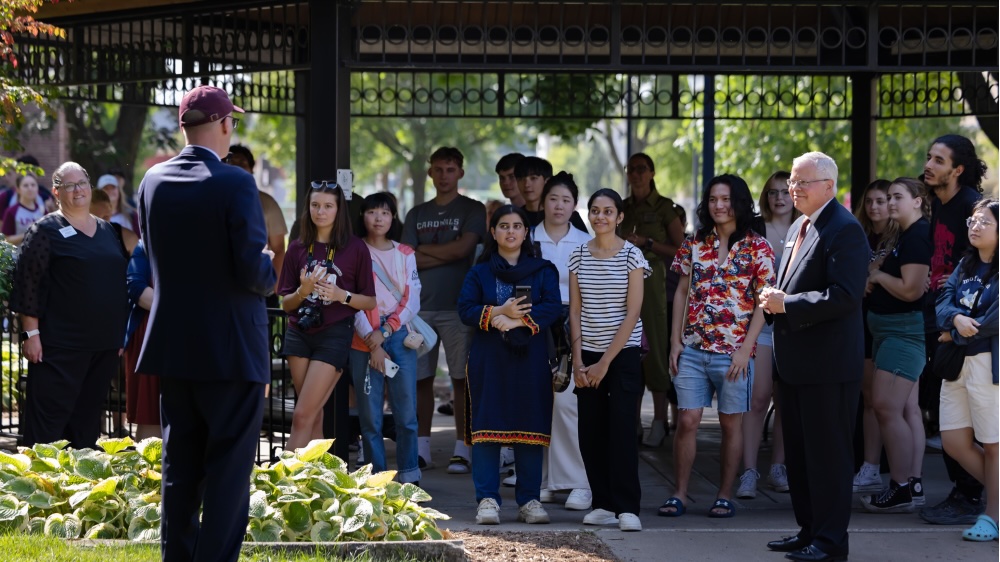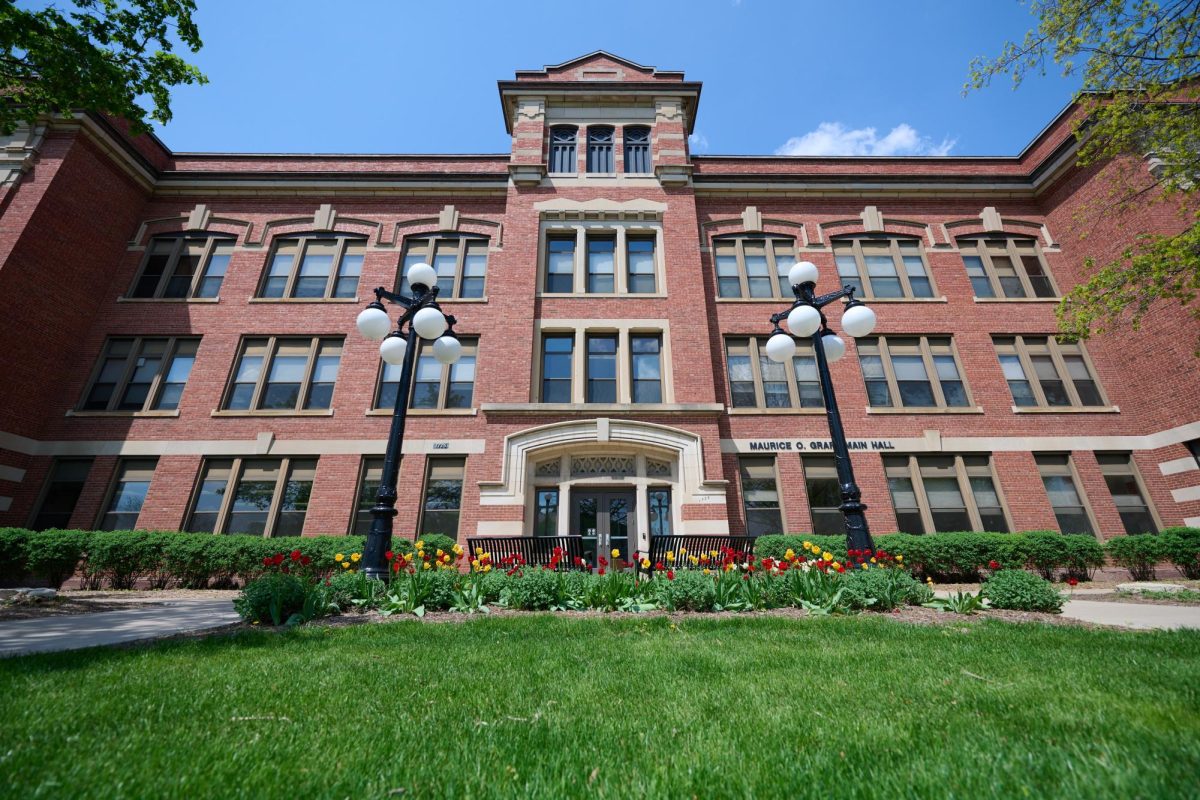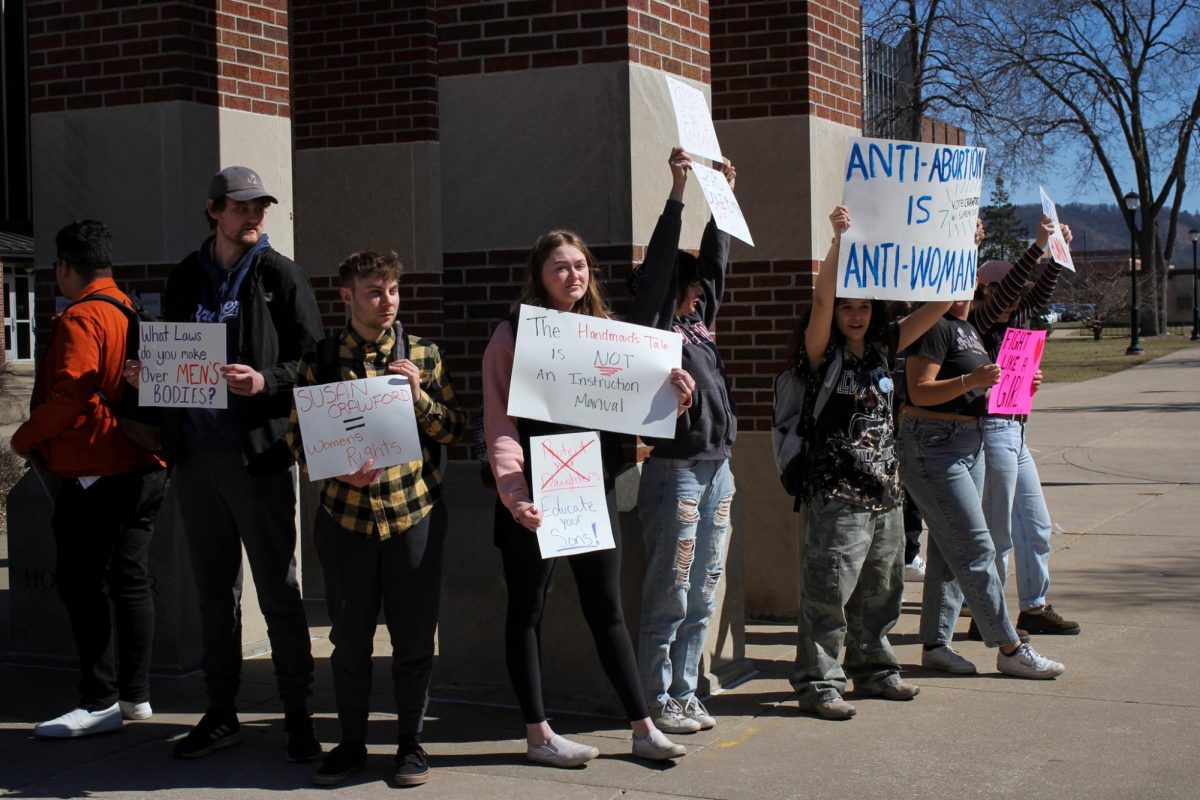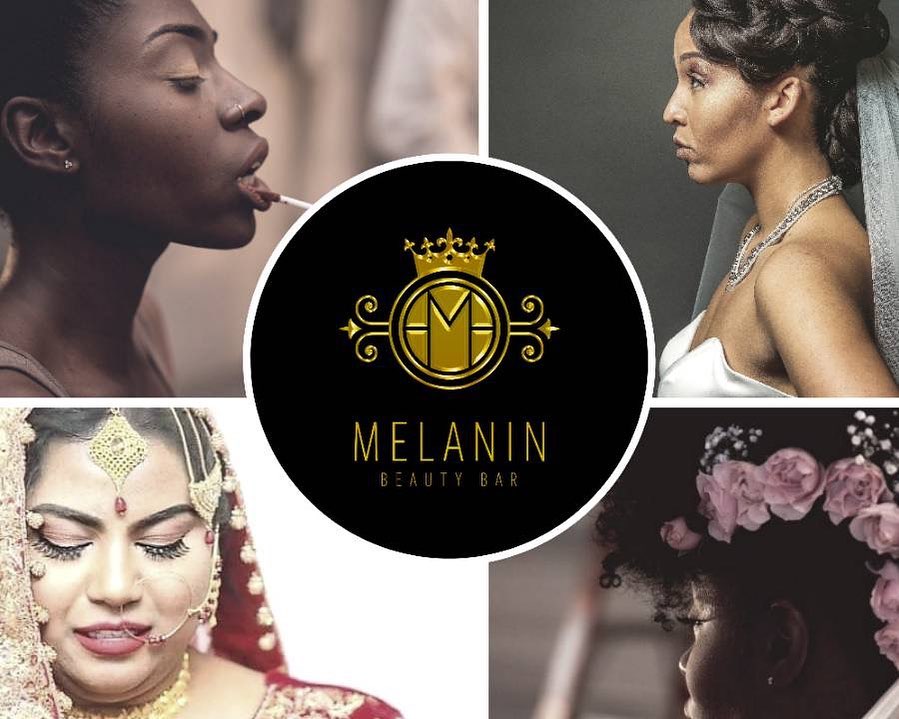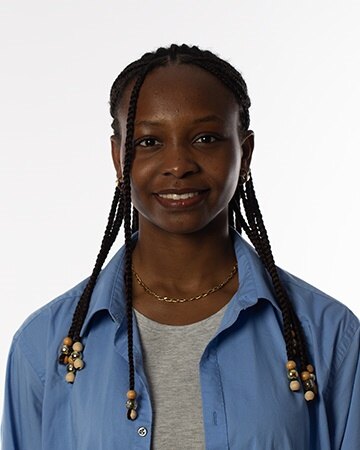The month of February celebrates Black History Month, a time to recognize and raise awareness about the contributions of African Americans and their historical struggles.
Among the several things to celebrate, Black hair has seen its fair share of both struggles and victories. Coming in a variety of curl patterns/textures and crafted into several different styles, Black hair remains a central part of black identity.
The history of Black hair is extensive and began as early as the 15th century when the slave trade commenced. Captured Africans were sometimes forced to shave their hair as a way to strip them of their identity and culture.
Even after emancipation, Black hair remained a subject of scrutiny as European textured hair was viewed as ‘good hair’. This led to an increase in the purchase of wigs and chemical treatments (e.g. relaxers) as a means to achieve smoother, straighter hair.
With the rise of the Civil Rights Movement came the rise of the natural hair movement which encouraged Black communities to accept their hair and turn away from damaging products.
African Americans faced barriers to employment and education opportunities due to stereotypes labeling their hair as unprofessional and improper. This would eventually birth the CROWN Act— a law the prohibits race-based discrimination of hair such as twists, braids, knots and locs in public schools and in the workplace.
University of Wisconsin-La Crosse third-year student, Joshua Wines, views his hair as a way to express himself as a black man.
Wines said, “For me, my hair is my blackness… that’s why I chose to grow out long locs and that’s why I chose creative ways to style it. It’s just me.”
Denise Christy, a member of the La Crosse community, who is the producer of the Endurance Family Project, briefly touched on her relationship with her hair over the years.
“I was born in 1952 at a time when you had good hair and not-so-good hair and I remember growing up with not-so-good hair,” said Christy. “I had to do the permanent thing, the straightening comb on Saturday mornings to get ready for church on Sunday morning and I remember the burnt earlobes and stuff… now as I get older, I just want to look nice as I go through these next few years.”
Second-year student, Jordyn Plitzner talked about how she learned to embrace her natural hair.
“My hair was an insecurity for me when I was younger. I used to wear it [in] a straight blowout every day and so it wasn’t until I came to college that I started wearing my hair naturally,” said Plitzner. “I embrace it now. It’s now my greatest asset.”
Alex White is a third-year student at UWL; he emphasized the cultural significance of his hair to his identity.
“I like to represent my culture [through] the way I express my hair because my hair is very unique,” said White. “Especially at a PWI (Predominantly White Institution), you don’t see anybody with my hair type… I like to express the difference between me and them.”
Fourth-year student Serenity Jones shared a similar connection to culture.
Jones said, “When I cut my hair and stopped relaxing it, it allowed me to feel my culture.”
Jones explained that she had gone to a PWI all her life and chemically straightened her hair to fit in. She decided to cut her hair and regrow it in its natural state during Covid-19.
“At first, it took a long time to accept myself,” said Jones. “I accept every part of my hair now no matter how frustrating it gets… it’s worth it to see it flowing in the wind and it’s so big. It makes me smile and it makes me feel pride in being black.”
If you’re looking for more ways to connect and learn about Black History Month, UWL is hosting a Couch Conversation with Dr. Nevin J. Heard from 11 a.m. to 1 p.m. on Thursday, Feb. 27 in the Bluffs Ballroom in the Student Union.

